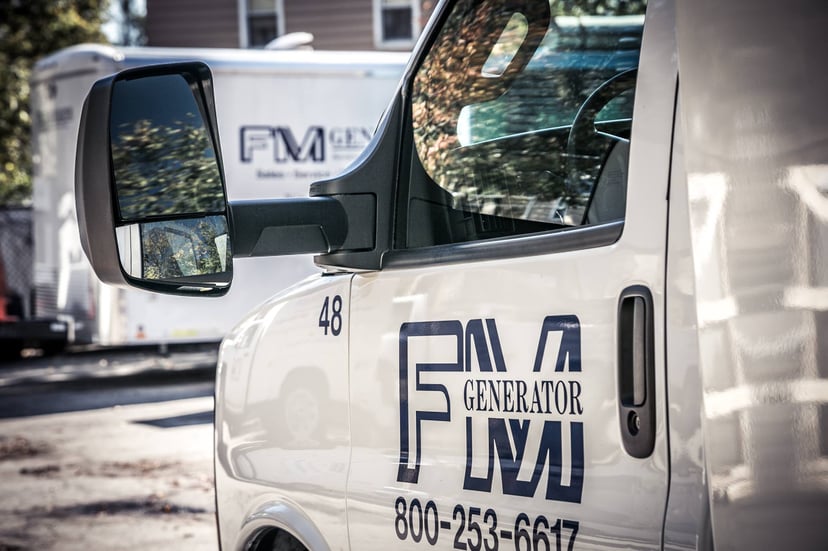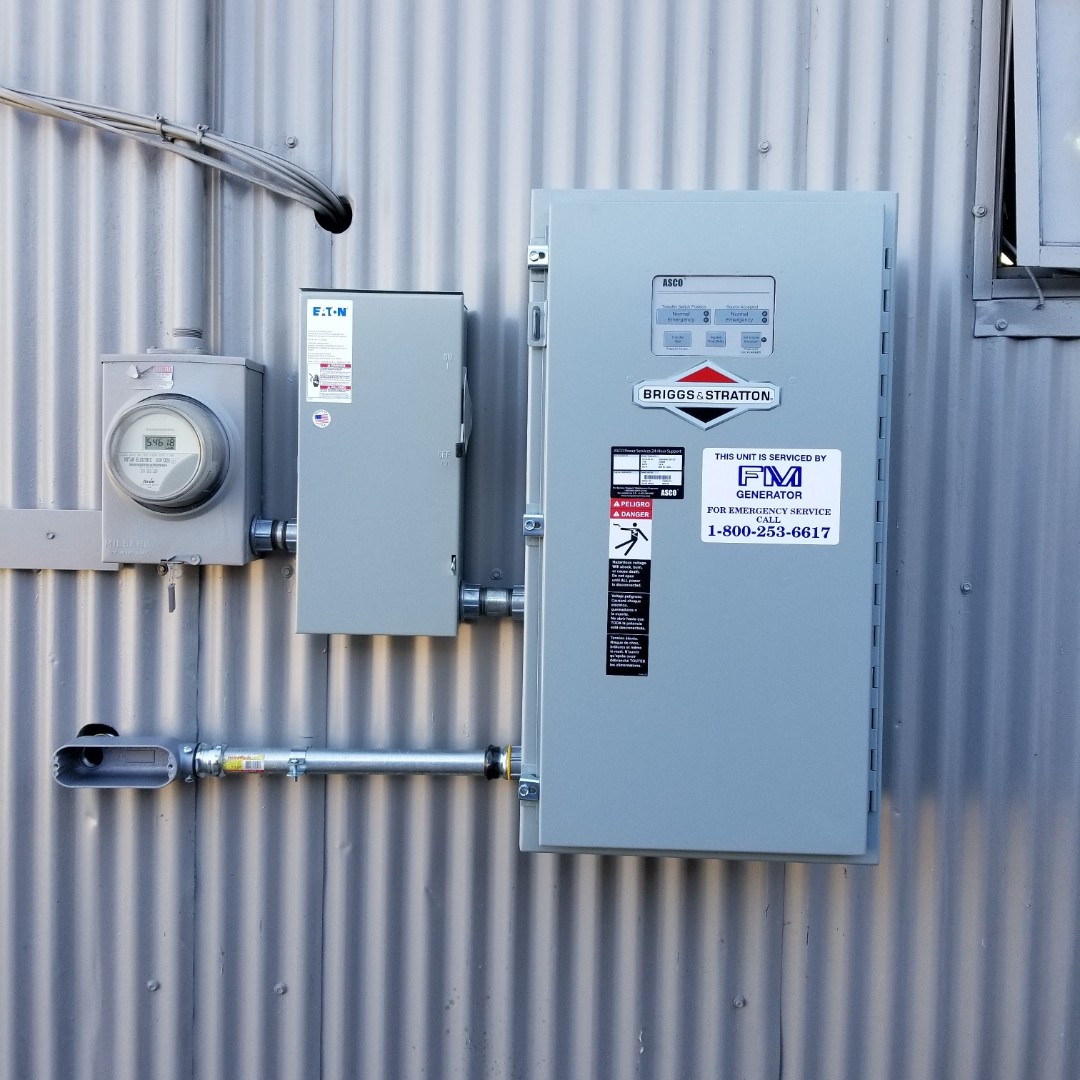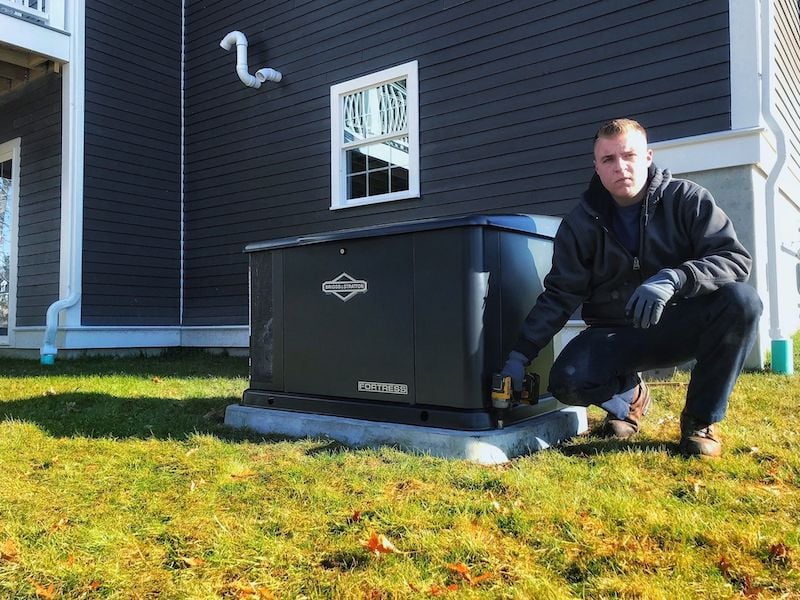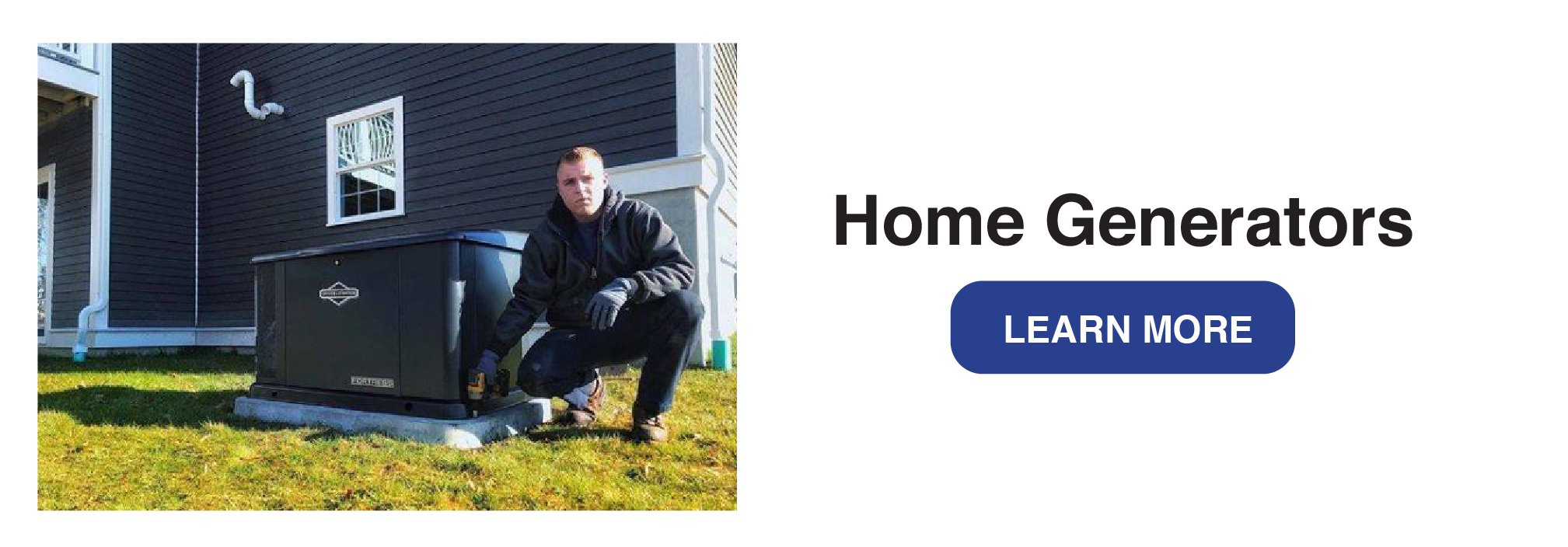Home Generator Basics: FAQs & Information
Here in the Northeast, the best way to guarantee a constant supply of power is to get a clean, quiet, and efficient generator installed and maintained by experts. With the start of the 2021 hurricane season right around the corner, here are some of the most common questions homeowners have about generators --- and the short answers to each.
Does having a backup generator increase a home’s value?
It might. One thing it’s certain to increase is your peace of mind. And for most buyers, that is the really important part. In terms of home value, the additional benefit might be small, but how do you put a price on reliability?

What’s the best time of year to purchase? Should we wait?
Generally the best time to install is in the spring and summer months. This year, however, with manufacturing and production on a severe backlog now in 2021, understand that right now you are probably looking at around a six month wait time from purchase to installation. If you’re thinking about adding a backup power solution to your home, you might be well served to act sooner rather than later.
What size will we need for our home and our power requirements?
You can use various sizing tools available online, or you can have a professional visit to determine your exact power requirements. The most common things to power by generator are air conditioners, refrigerators, lights, water heaters, thermostats, etc. Most homes can be sufficiently powered in an emergency situation using anywhere from a 12kw to 20kw machine.

A transfer switch is the heart of any backup power system. It continuously operates 24/7, 365 for 20-40 years! Preventative maintenance is vital; perform annually at a minimum.
How long will the generator keep the power on during an emergency?
When the generator is powering your home in the event of an outage, you’ll want to check the oil about once every 8-12 hours of operation. You can’t let levels get too low, but at the same time, you don’t want to overfill either. As long as everything’s running smoothly and you have enough fuel, your generator can keep going for days.

The Fortress by Briggs & Stratton (pictured above) is a great choice for your home.
What’s the life expectancy of the typical unit?
The typical home standby generator produced today should last for 20+ years. You can increase your unit's life expectancy further by keeping up with all scheduled maintenance appointments. You’ve made the initial investment, now make sure to keep up the good work.
How much does a generator cost?
Typically between $8,000 and $12,000 for purchase and installation, and a monthly maintenance plan of around $40/month. Installation costs vary depending on size of the unit, placement at your home, gas piping requirements, and other factors.
What does the service plan entail?
On the monthly service visit, your technician will: check oil levels, check the perimeter of the unit to remove any debris, overgrowing plants, snow, etc. He will also do a diagnostic check to ensure that the unit is ready to operate in the event of a power outage.
---
If your generator is need of fuel, due for maintenance, or not exercising, we can help. We are dedicated to rapid response and quality workmanship. Our techs are EGSA certified and can work on all makes and models of generator equipment. When the power's off, we're on!
